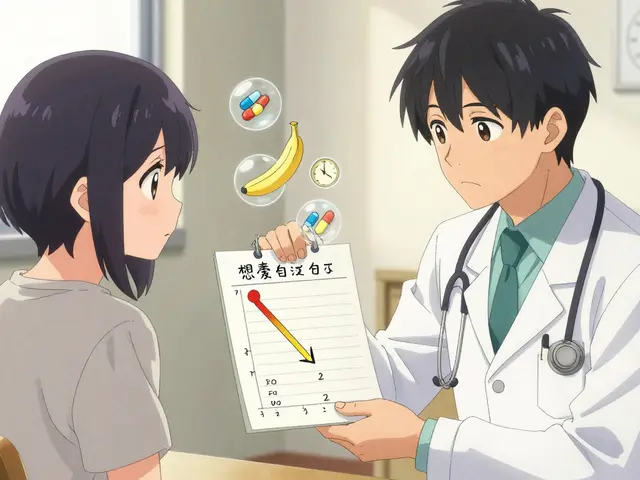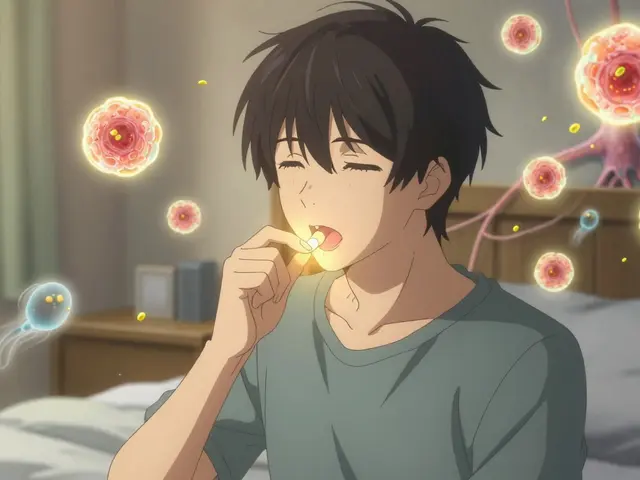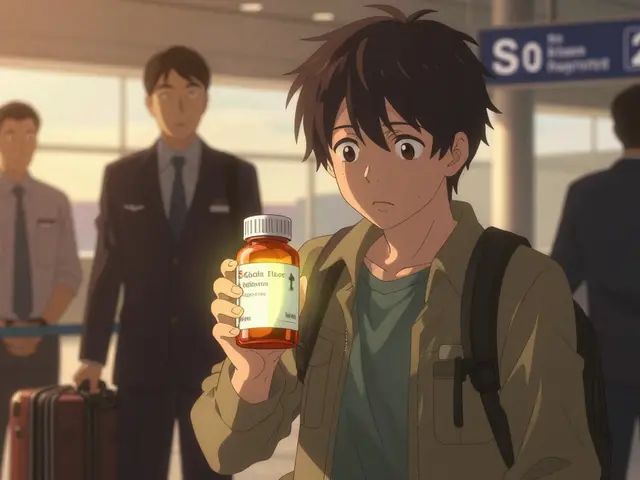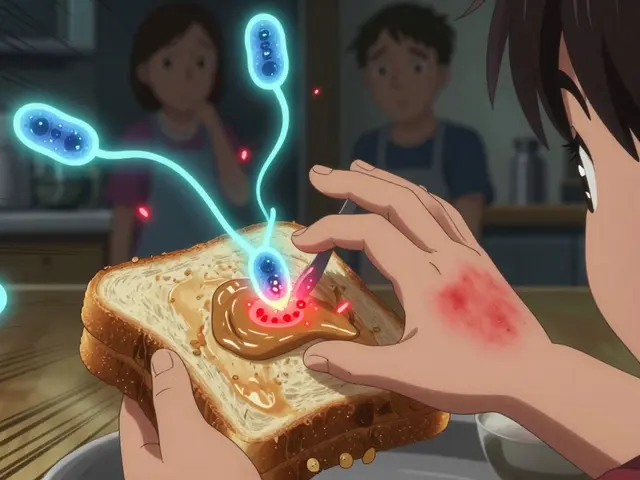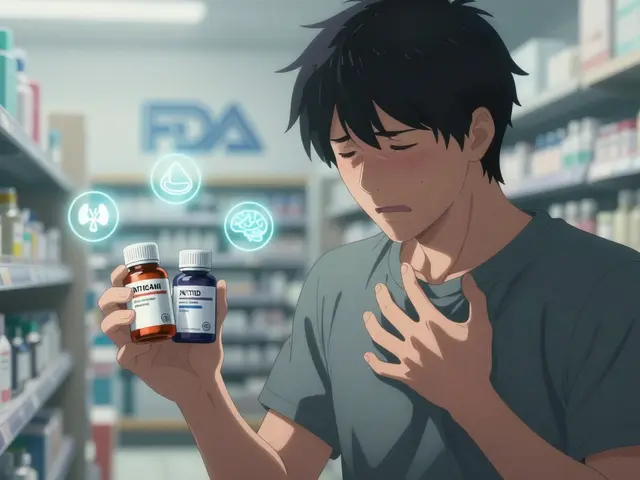Understanding Anogenital Warts: A Simple Guide
If you've heard about anogenital warts and wondered what they really are, you're not alone. These warts show up around the genital and anal areas and are caused by certain types of human papillomavirus (HPV). They’re quite common and don’t always cause pain, but they can be uncomfortable and concerning.
One tricky thing is that sometimes people have warts without even noticing because they can be small or hidden. That's why regular check-ups or paying attention to any unusual bumps or growths in the area is important. If you spot something odd, it’s smart to see a healthcare provider for a quick look.
What Do Anogenital Warts Look Like?
These warts often look like tiny cauliflower-like bumps. They can appear on the vulva, penis, anus, or thighs. Sometimes they might cause itching or mild discomfort, but often they are painless. However, it’s good not to ignore them because they signal an HPV infection which can be contagious.
If you’re sexually active, using condoms lowers the risk but doesn’t completely prevent HPV transmission because the virus can infect areas not covered by the condom. That’s why HPV vaccination is recommended—it helps protect you against the virus types that cause most anogenital warts.
How Are Anogenital Warts Treated?
The good news is, treatments are available even though warts don’t always go away on their own. Doctors might suggest topical medications you apply directly to the warts, or they could remove them with minor procedures like freezing (cryotherapy) or laser treatment. What works best depends on the size, number, and location of warts.
Treatment can take time, and warts might come back after clearing. That happens because the virus stays in your skin even after visible warts disappear. Staying in touch with your healthcare provider and following their advice keeps you in control. Remember, treating warts also helps reduce the chance of passing HPV to others.
Living with anogenital warts isn’t a life sentence. Knowing what to look for, practicing safe sex, and getting timely treatment can keep you healthy and confident. Need to know more about managing symptoms or prevention? Feel free to explore our resources here at MyDrHank: Your Essential Pharmaceuticals Guide for trusted, straightforward health info.
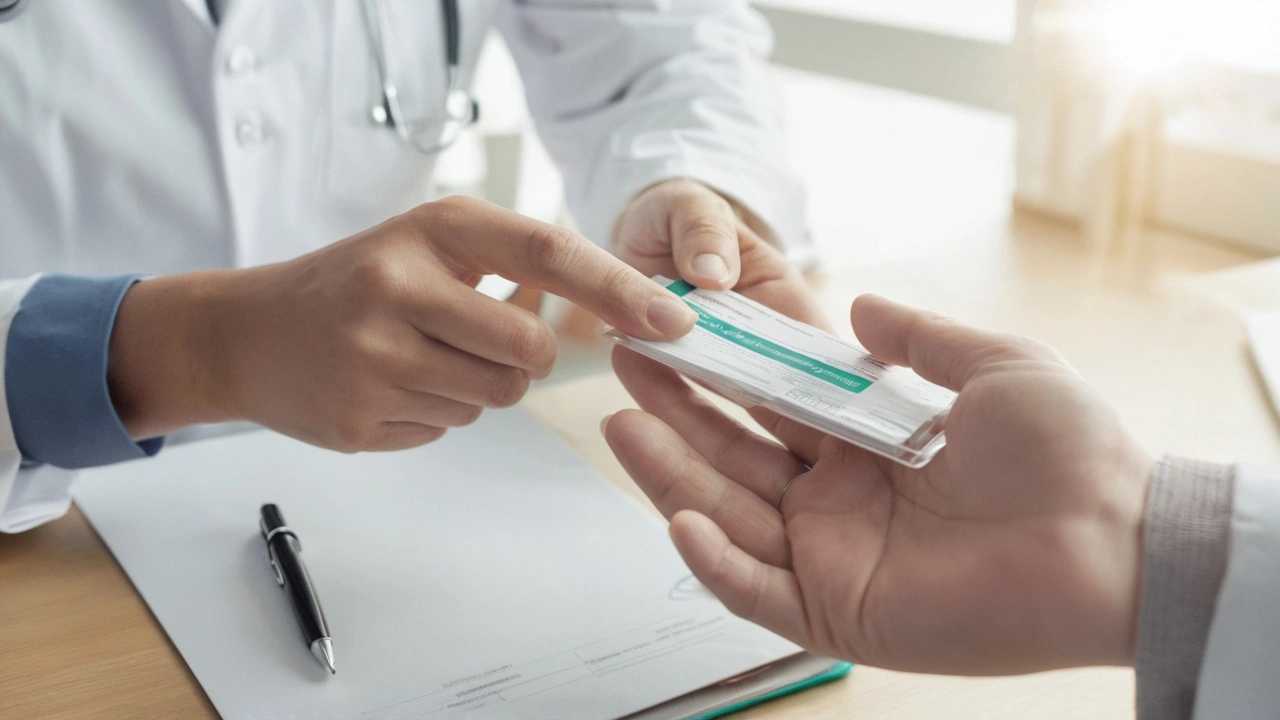
Hydroxychloroquine Proves Effective in Treating Anogenital Warts: New Study Insights
Recent study heralds hydroxychloroquine as a promising and safe treatment for anogenital warts, revealing significant reductions in wart size and frequency with minimal side effects. Led by Dr. Jane Doe, the research highlights the potential for expanded uses of the drug in dermatology, offering new hope for patients battling this common sexually transmitted infection.
Continue Reading